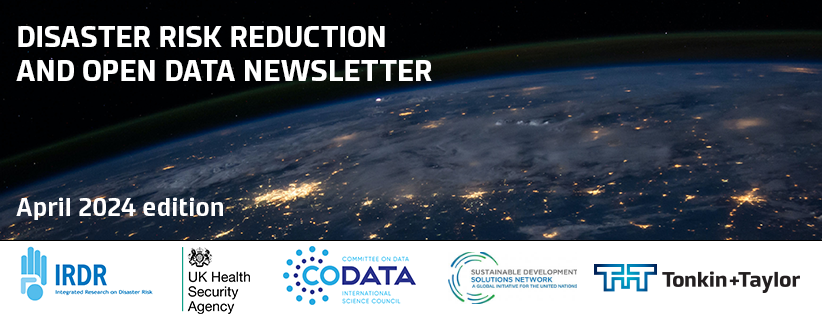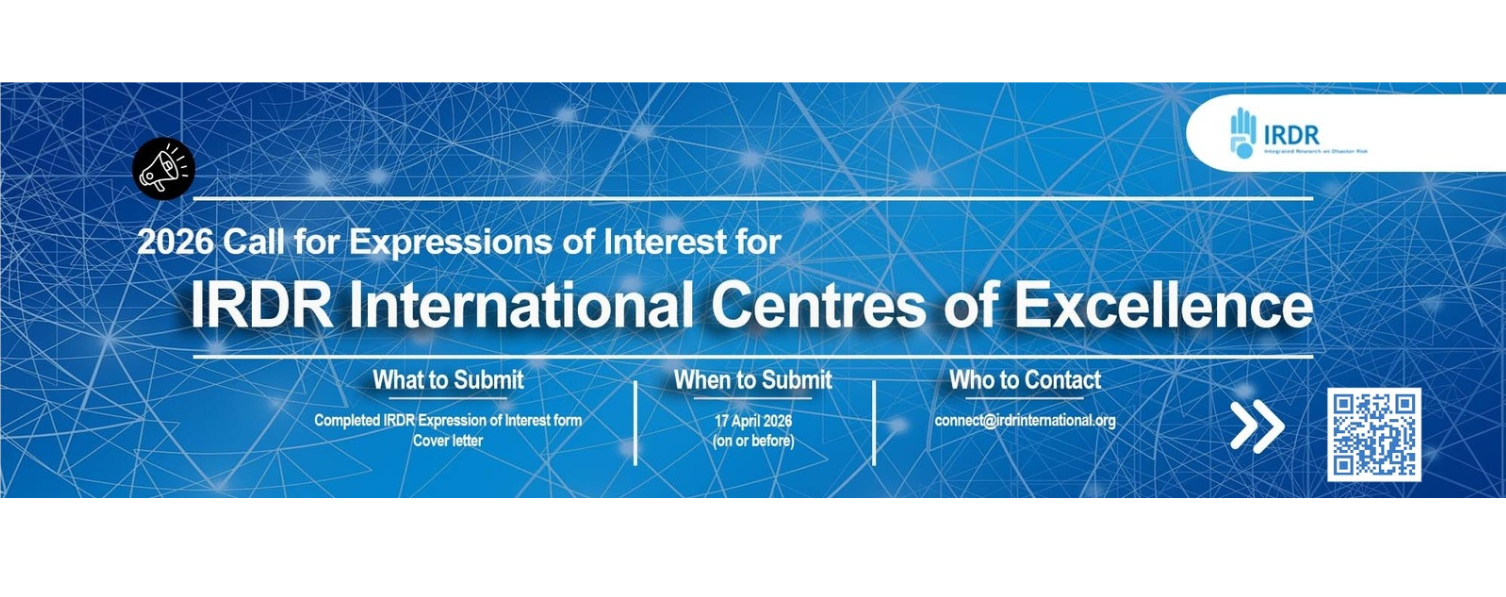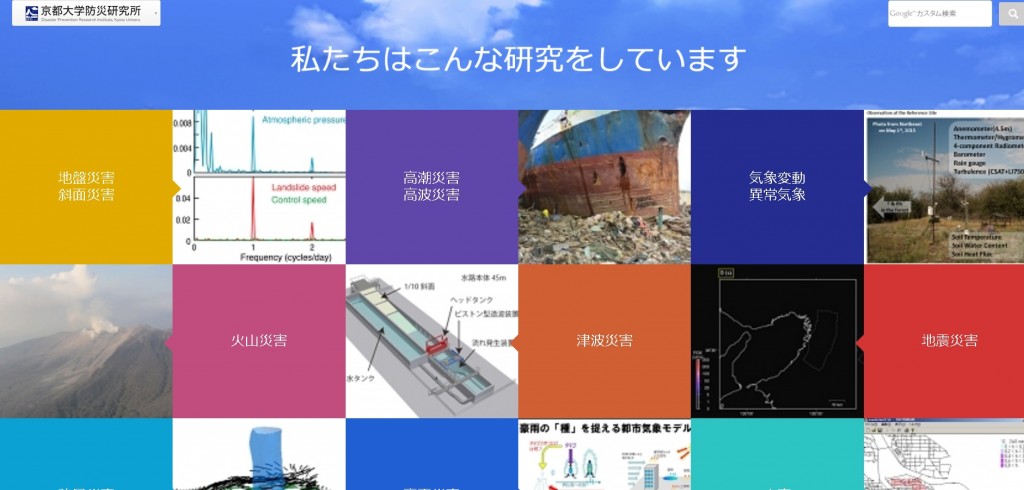


Dangerous humid heat in southern West Africa about 4°C hotter due to climate change
The southern coastal zone of Western Africa – also called the Guinea zone – experienced abnormal early season heat in February 2024. A combination of high temperatures and relatively humid air resulted in area average Heat Index values of about 50°C, which is classified to be in the ‘danger’ level that is associated with a high risk of heat cramps and heat exhaustion.
The European Commission has laid out a comprehensive strategy to empower Member States in managing climate risks effectively.
The Communication responds to the first ever European Climate Risk Assessment (EUCRA), a scientific report by the European Environment Agency. Together, they are a call to action for all levels of government, as well as the private sector and civil society. They set out clearly how all major sectors and policy areas are exposed to climate-related risks, how severe and urgent the risks are, and how important it is to have clarity on who has the responsibility to address the risks.
UNDRR-WMO Pushes Climate Information For Risk Management
The UN Office for Disaster Risk Reduction (UNDRR) and the World Meteorological Organization (WMO) published a “Technical Guidance on Application of Climate Information for Comprehensive Risk Management” to provide the necessary know-how to develop and strengthen a policy basis for DRR and risk-informed development.
Cultivating change: Sri Lanka’s smallholder farmers explore climate-resilient solutions.
On the north-central plains of Sri Lanka, in the small rural village in Galenbindunuwewa, a community of maize farmers are reshaping their farming practices to respond to the growing challenges posed by climate change. They recently welcomed researchers from the International Water Management Institute (IWMI) and a delegation from the United States Department of Agriculture’s (USDA) Food for Progress Program to share their experiences and aspirations, and to discuss climate-resilient solutions.
Commission sets out key steps for managing climate risks to protect people and prosperity
The European Commission has today published a Communication on managing climate risks in Europe. It sets out how the EU and its Member States can better anticipate, understand, and address growing climate risks. It further presents how they can prepare and implement policies that save lives, cut costs, and protect prosperity across the EU.
Lessons on resilience from a year of global earthquakes
Rapid population growth in disaster-prone regions concentrates people where recovery after extreme events is costly. Thanks to Japan’s years of planning, preparations, and implementation of resilient building strategies, the country has become adept at mitigating the effects of significant earthquakes.
Building Safer and More Resilient Schools in a Changing Climate
Natural hazards, have a devastating effect on children’s education and lives in every corner of the globe. Through its Global Program for Safer Schools (GPSS), the World Bank works hand-in-hand with client countries to ensure the resilience of school infrastructure. This article looks at knowledge, financing, and grants from the World Bank can combine to create impact at scale, over the last 10 years, GPSS has made schools safer for 121 million students across 35 countries.


Connected urban green spaces for pluvial flood risk reduction in the Metropolitan area of Milan.
This paper investigates the effects of nature-based solutions and green infrastructure networks on pluvial flood risk in the Milan metropolitan area in terms of direct economic damage to buildings and population exposed. Results show that extending the urban green networks by 25% can potentially halve the pluvial flood damages and reduce the population exposed by 40%.
This guide breaks down the MCR2030 offer for local authority members of the MCR2030 network and provides guidance on how to approach the development and implementation of comprehensive and integrated local disaster risk reduction strategies and plans that are aligned with national and regional strategies and plans.
Global multi-hazard risk assessment in a changing climate
Natural hazards pose significant risks to people and assets in many regions of the world. Quantifying associated risks is crucial for many applications such as adaptation option appraisal and insurance pricing. However, traditional risk assessment approaches have focused on the impacts of single hazards, ignoring the effects of multi-hazard risks and potentially leading to underestimations or overestimations of risk.
Impacts of climate framework laws: lessons from Germany, Ireland and New Zealand
This report and accompanying technical annex analyse the impact of climate framework laws in three countries, Germany, Ireland and New Zealand, based on evidence from 73 expert interviews and desk research. The report covers impacts on climate governance; political debate; climate policies; citizens and stakeholders; and society and climate.
This paper advances knowledge and understanding of the relationships between risk management, climate change adaptation and spatial planning as good territorial governance practices. The aim is to present evidence on how risks and their management are progressively being integrated into national planning systems in order to reduce territorial vulnerability and costs related to natural events in the European context.

Global Water Summit, 15-17 April 2024
As we cross the 1.5°C limit, weather events are going to become yet more extreme. In a changing planet, the costs of achieving water security are huge, but the costs of failure are greater still. The critical conversations about how to engage capital markets in this challenge begin at GWS 2024.
'Innovating Smart Cities Resilience through Research and Best Practices
This event will look at how research contributes to bolstering security, technology, and urban planning in improving the resilience of Smart Cities. It will discuss how to integrate security by design principles into spatial development, while fostering collaborative efforts across sectors, for instance by empowering communities as active stakeholders in resilience-building endeavours.
The EGU General Assembly 2024 brings together geoscientists from all over the world to one meeting covering all disciplines of the Earth, planetary, and space sciences. The EGU aims to provide a forum where scientists, especially early career researchers, can present their work and discuss their ideas with experts in all fields of geoscience.
International Multi-Risk Seminar
The central goal of the International Multi-risk Seminar is to advance the conceptual and methodological debate on how to evaluate and manage contexts where multiple risks overlap and result in other forms
Aims to outline the project's activities and highlight potential initiatives that, upon member agreement, will be launched to support the Early Warnings for All (EW4All) initiative. These activities are specifically designed to enhance hydrological forecasting for flash floods, floods, and droughts, contributing to the development of a comprehensive end-to-end early warning system.
South-East European Early Warnings for All






